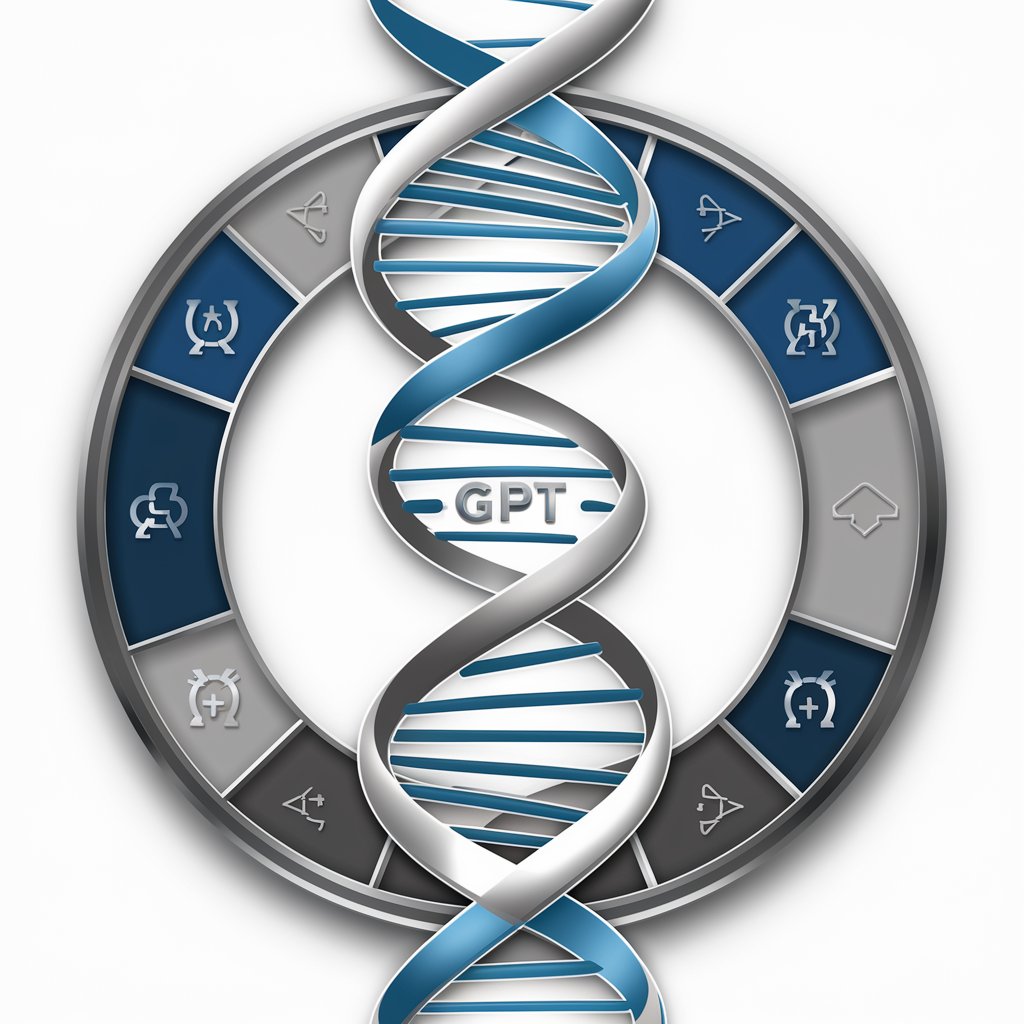Medical Coding - Medical Coding Solution

Hello! How can I assist you with your medical coding needs today?
Streamlining Healthcare with AI-Powered Coding
Can you help me find the correct ICD-10 code for...
I'm having trouble with coding a complex medical scenario involving...
What is the proper CPT code for a procedure involving...
Could you provide guidance on coding for a patient diagnosed with...
Get Embed Code
Introduction to Medical Coding
Medical Coding is a specialized area within the healthcare industry that involves translating healthcare services, procedures, medical services, and equipment into universal medical alphanumeric codes. The codes are derived from medical record documentation, such as transcription of physician's notes, laboratory and radiologic results, and other sources. This coding system is essential for processing patient care information, including diagnosis and treatment protocols, for billing and insurance purposes. For example, when a patient undergoes an appendectomy, the medical coder translates the procedure and diagnosis into standardized codes that are then used to process insurance claims and ensure that healthcare providers are compensated for their services. This systematic coding also facilitates healthcare analytics, research, decision-making, and policy planning. Powered by ChatGPT-4o。

Main Functions of Medical Coding
Translating Medical Procedures and Diagnoses
Example
An example of this function is converting the diagnosis of acute appendicitis and the surgical procedure of an appendectomy into ICD-10-CM and CPT codes, respectively. The ICD-10-CM code for acute appendicitis might be 'K35.80', and the CPT code for an appendectomy could be '44950'.
Scenario
In a hospital setting, after a surgeon completes an appendectomy, the medical coder reviews the patient's medical record and assigns these codes to accurately represent the diagnosis and procedure in the patient's billing and medical records.
Facilitating Billing and Insurance Claims
Example
Using the generated codes for an echocardiogram, which could be CPT code '93306' for the echocardiogram itself, and ICD-10 code 'I50.9' for heart failure (if that was the diagnosis).
Scenario
A cardiologist's office uses these codes to submit a claim to a patient's health insurance company, ensuring the procedure is covered and the healthcare provider is reimbursed appropriately.
Supporting Healthcare Analytics and Research
Example
Compiling data on the prevalence of asthma in a particular region using ICD-10 codes such as 'J45.20' for Mild intermittent asthma, unspecified.
Scenario
Public health organizations analyze coded data from hospital records across a region to identify asthma trends, which can then inform public health policies and targeted healthcare initiatives.
Ideal Users of Medical Coding Services
Healthcare Providers
Physicians, hospitals, and outpatient facilities benefit from medical coding to ensure accurate billing and reimbursement for the services they provide. It helps in minimizing billing errors, ensuring compliance with healthcare regulations, and optimizing revenue cycles.
Medical Coders and Billing Professionals
Individuals specialized in medical coding and billing use these services to stay updated with the latest coding standards and regulations. They require detailed knowledge of medical terminology, anatomy, and coding guidelines to perform their roles effectively.
Healthcare Administrators
Administrators in healthcare settings rely on accurate medical coding for managing hospital and clinic operations, including budgeting, planning, and compliance with healthcare policies. It enables them to make informed decisions based on the analysis of healthcare data.
Insurance Companies
Insurance providers use medical coding to process claims efficiently and to determine the coverage and reimbursement levels for healthcare services. It also helps in fraud detection by ensuring that the billed services match the provided services.
Health Policy Makers
Policymakers utilize aggregated healthcare data, which is made available through systematic medical coding, to monitor health trends, allocate resources, and formulate health policies aimed at improving public health outcomes.

Guidelines for Utilizing Medical Coding
Initiate Free Trial
Begin by visiting yeschat.ai to access a free trial, with no registration or ChatGPT Plus subscription required.
Understand the Basics
Familiarize yourself with basic medical coding concepts, such as ICD-10, CPT, and HCPCS codes, to better understand how the tool can assist you.
Prepare Documentation
Ensure all medical records and documentation are accurate and complete, as the tool relies on this information for precise coding.
Utilize the Tool
Use the tool to input medical documentation, selecting the appropriate codes based on diagnoses, procedures, and services provided.
Review and Verify
Always review and verify the suggested codes for accuracy and compliance with coding guidelines and regulations before finalizing.
Try other advanced and practical GPTs
Marketing Copywriter
Craft compelling content effortlessly.

Sonic Branding Advisor
Crafting Your Brand's Sound with AI

Literary Visualizer
Visualizing Literature with AI

Insight Navigator
Empowering decision-making with AI-powered market insights

Excel Helper
Empowering Your Excel Journey with AI

Make · More
Empowering creativity with AI

CTO-GPT
Empowering Decision-Making with AI

Cocktail Connoisseur
Craft Your Cocktail Mastery
Traffic Guru
Optimize Your Blog’s Traffic with AI

Swift Lore
Unraveling Swift Lore with AI

🍓Alessandro Fruit Dizzle 🍑
Transform fruits into digital art masterpieces.

Benjamin 认为
Strategize with AI-Powered Insights

Frequently Asked Questions about Medical Coding
What is Medical Coding primarily used for?
Medical Coding is primarily used for translating healthcare diagnosis, procedures, medical services, and equipment into universal medical alphanumeric codes. These codes are derived from medical record documentation, such as transcription of physician's notes, laboratory and radiologic results, etc.
How does Medical Coding enhance billing processes?
Medical Coding standardizes the language of medical procedures and diagnoses, which simplifies the billing process by providing a clear and concise description of services rendered, thereby facilitating accurate insurance claims and reimbursement.
Can Medical Coding assist in clinical research?
Yes, Medical Coding plays a crucial role in clinical research by providing standardized and anonymized data, which can be used to track the efficacy of treatments, understand disease patterns, and contribute to public health statistics.
What are some common challenges in Medical Coding?
Common challenges include keeping up with frequent updates in coding standards, managing complex cases with multiple diagnoses or procedures, and ensuring accuracy to avoid billing errors and compliance issues.
How does Medical Coding support healthcare compliance?
By ensuring that healthcare services are coded accurately and consistently, Medical Coding supports adherence to regulatory requirements, mitigates the risk of fraudulent billing, and enhances the overall transparency of healthcare services.
